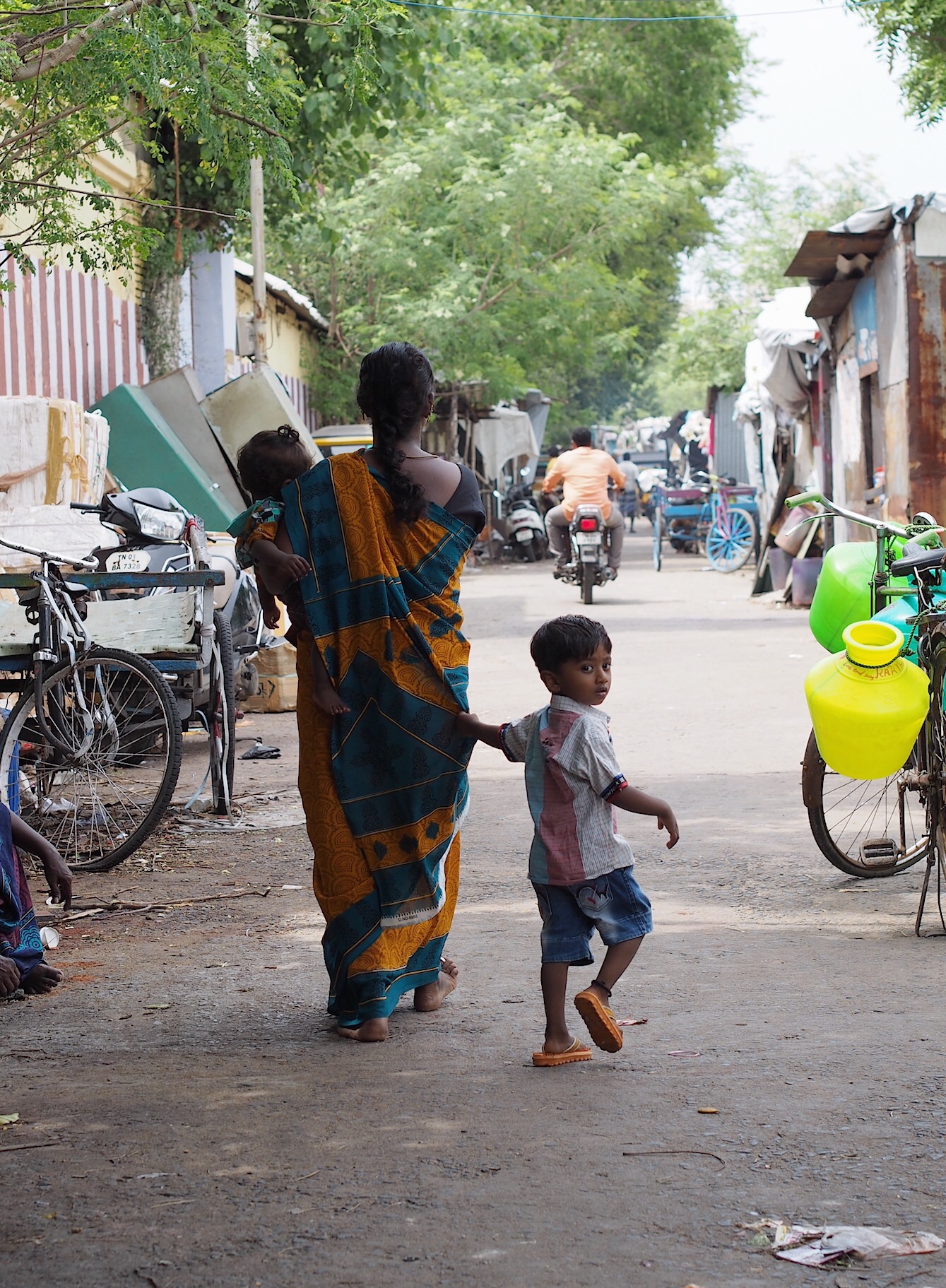
Love it or hate it?
Stories of Australians travelling to India are most often polarised: you love it or you hate it.
The colour, chaos and sensory overload either attract or repel. It is not a country for the Australian tourist seeking hot deals on brand goods or lying by a beach with a cocktail in hand. It doesn’t even understand the First World visitor wanting to spend their cash. As you walk down the road you are surrounded by rubbish, poverty and dirty shops selling goods more relevant to a time when ABBA’s greatest hits dominated the airwaves.
So, what could possibly be the attraction?
It’s simple really. It’s the people.
The people of India are generous, warm and funny. Each is seen in the everyday interaction. Walking along the street, shopping in a roadside market or taking breakfast at our guest house. Each time we arrive at a home, any home, immediately comes the offer of food. “Please, can we share with you what we have?”
I understand the offer when visiting a friend or middle-class acquaintance but how does this make any logical sense when you enter the ‘home’ of a pavement dweller? Saanvi is a 20-year-old woman with a child on her hip and another on the way. She lives under a tarpaulin on wooden crates that keep her and her husband off the ground as they sleep. Particularly important in the current monsoon season. She sees us arrive and smiles broadly. She asks for nothing but immediately offers for us to join her in a meal of rice and dahl. We politely decline and start to chat through an interpreter when out of nowhere comes a monsoon downpour. Without hesitation, Saanvi politely pulls us into her home to take protection under the tarpaulin sky. We all laugh and chatter with language barriers falling away behind gestures and touch and a shared humanity. She enjoys the connection and so do we.
On another occasion, we are invited to an evening meal with John, a friend we have met on our Indian travels. We arrive at the apartment to the welcome of his wife and 22-year-old son. They are waiting nervously and we greet each other with a kiss and hug. It’s easy. The meal has been an act of love prepared to give us another taste of India complete with fish curry, coconut and tomato chutney, grilled mackerel, and plenty of idlis (savoury rice cake popular in Southern India). It is a feast. Then as the evening closes and we are leaving, they bring out shawls as gifts to thank us for coming to their home.
India makes little sense when you compare it to a European cultural experience or an SE Asia shopping trip. It cannot compete with the natural beauty of New Zealand or the diversity of the US but what it lacks in each of these things, it makes up for in the people. They are wonderful. They face enormous obstacles every day (everyone is subject to the same traffic) and some of the challenges the country faces in terms of poverty and population growth seem unsurmountable. But they are determined, fearless and optimistic.
So, love it or hate it? I love it!

